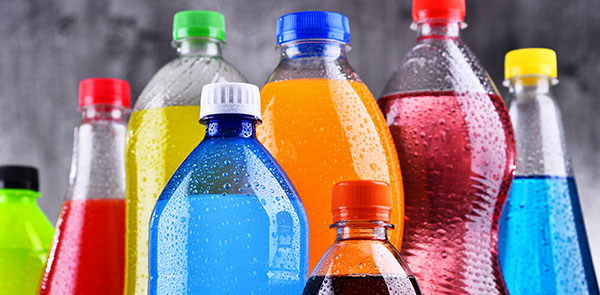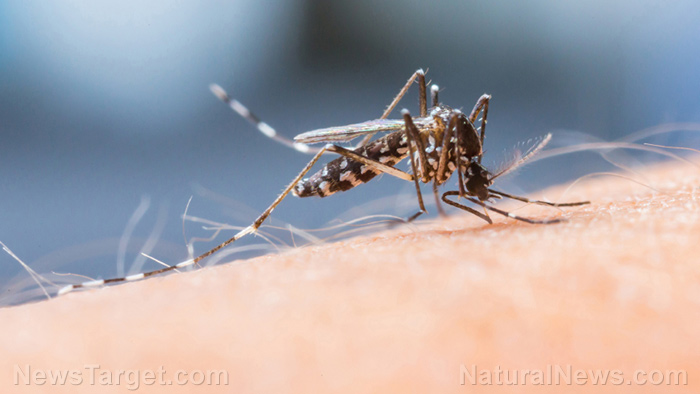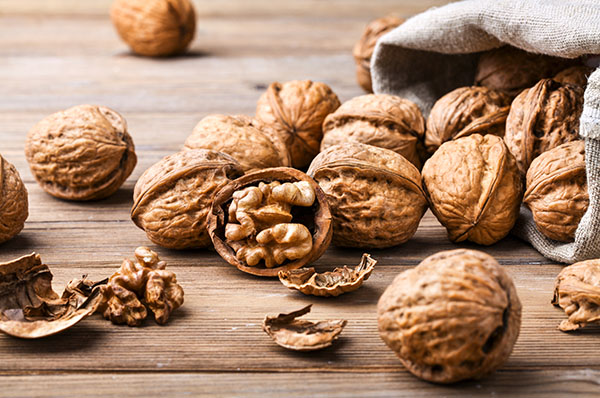GULP! Study reveals DANGEROUS levels of heavy metals in many US beverages
06/22/2023 / By Olivia Cook

The presence of heavy metals in certain food items has been well-documented. A new study revealed that these same heavy metals are found in beverages sold in American groceries – and at dangerous levels, too.
A group of scientists from Tulane University in New Orleans disclosed the shocking discovery through a study published in the Journal of Food Composition and Analysis. They tested 60 non-alcoholic beverages from a grocery in the Crescent City that are commercially available across the country. These beverages include single and mixed fruit juices, plant-based milk, sodas and teas.
The study authors used inductively coupled plasma mass spectrometry (ICP-MS) to generate atomized samples of the beverages, which where then analyzed for heavy metals. Twenty-five heavy metals were found in all 60 beverages sampled. “Mixed fruit juices and plant-based milk frequently contained elevated concentrations of most of the elements,” they noted.
The elements found in the drinks include lead, selenium, arsenic, strontium, cadmium, nickel, boron, manganese, aluminum and zinc. According to the researchers, many of the beverage samples they tested contained aluminum and zinc in concentrations beyond the standards for drinking water. Aluminum was especially prominent, surpassing the federal government’s health standards by 40 percent.
Lead study author and Tulane environmental health sciences professor Tewodros Godebo emphasized the study’s importance, given that there are few peer-reviewed studies examining the contents of American beverages.
“It was surprising that there aren’t a lot of studies out there concerning toxic and essential elements in soft drinks in the U.S.,” he said. “This creates awareness that there needs to be more study.”
While the health risks of these beverages for adults are most likely low, Godebo said they pose a bigger risk to children. He advised: “People should avoid giving infants and young children mixed-fruit juices or plant-based milks at high volume. Arsenic, lead, and cadmium are known carcinogens and well established to cause internal organ damage and cognitive harm in children especially during early brain development.” (Related: Would you drink juice with arsenic and lead? Study shows 50 percent of juices tested contain TOXIC heavy metals.)
Godebo: Contamination of beverages often come from soil
Food manufacturers do not intentionally add heavy metals as an ingredient. However, contamination of food and water can occur at any stage of the food web and supply chain – from farming and harvesting of ingredients, processing up to transport to grocery shelves.
According to Godebo, most of the elements he and his team found in the beverages presumably come from contaminated soil. He expounded: “These metals are naturally occurring, so it’s hard to get rid of [them] completely.”
NaturalHealth365 staff writer Patrick Tims shared Godebo’s view. He noted that the prevalence of toxic metals in many beverages can be attributed to several underlying factors.
“Unfortunately, the safety of the soil, fertilizers, and pesticides used by farmers during the cultivation of fruits and plants for these beverages is no longer as assured as it once was. The advent of industrialization and urbanization has introduced toxic heavy metals into farmland, thereby altering the elemental composition of the very fruits and plants utilized in beverage production,” Tims wrote.
He continued that metals contaminating beverages weren’t just found in the soil. “The manufacturing and packaging processes, as well as the quality of irrigation water and air pollution, serve as additional sources of potential contamination. These stages in the beverage production chain can contribute to the presence of toxic metals, exacerbating the issue and posing a significant concern to consumer health and well-being.”
Meanwhile, Godebo said there should be a risk assessment based on the data collected to see the impacts of heavy metal consumption in children and adults. He added: “We are curious to keep exploring what’s in our drinks and foods commercially sold to the consumers.”
Visit StopEatingPoison.com for more stories about heavy metals in foods and beverages.
Watch this news report about heavy metals found in products from major chocolate brands.
This video is from the MEGA (Make Earth Great Again) channel on Brighteon.com.
More related stories:
Juices, soft drinks found to contain trace levels of toxic metals: INVESTIGATION.
Heavy metals WARNING and safe detoxification strategies.
How to reduce your exposure to heavy metals.
Sources include:
Submit a correction >>
Tagged Under:
agriculture, beverages, clean food watch, Dangerous, discoveries, environment, food safety, food science, food supply, frankenfood, grocery, poison, products, research, stop eating poison, toxic ingredients, Toxic Metals, toxins
This article may contain statements that reflect the opinion of the author



















